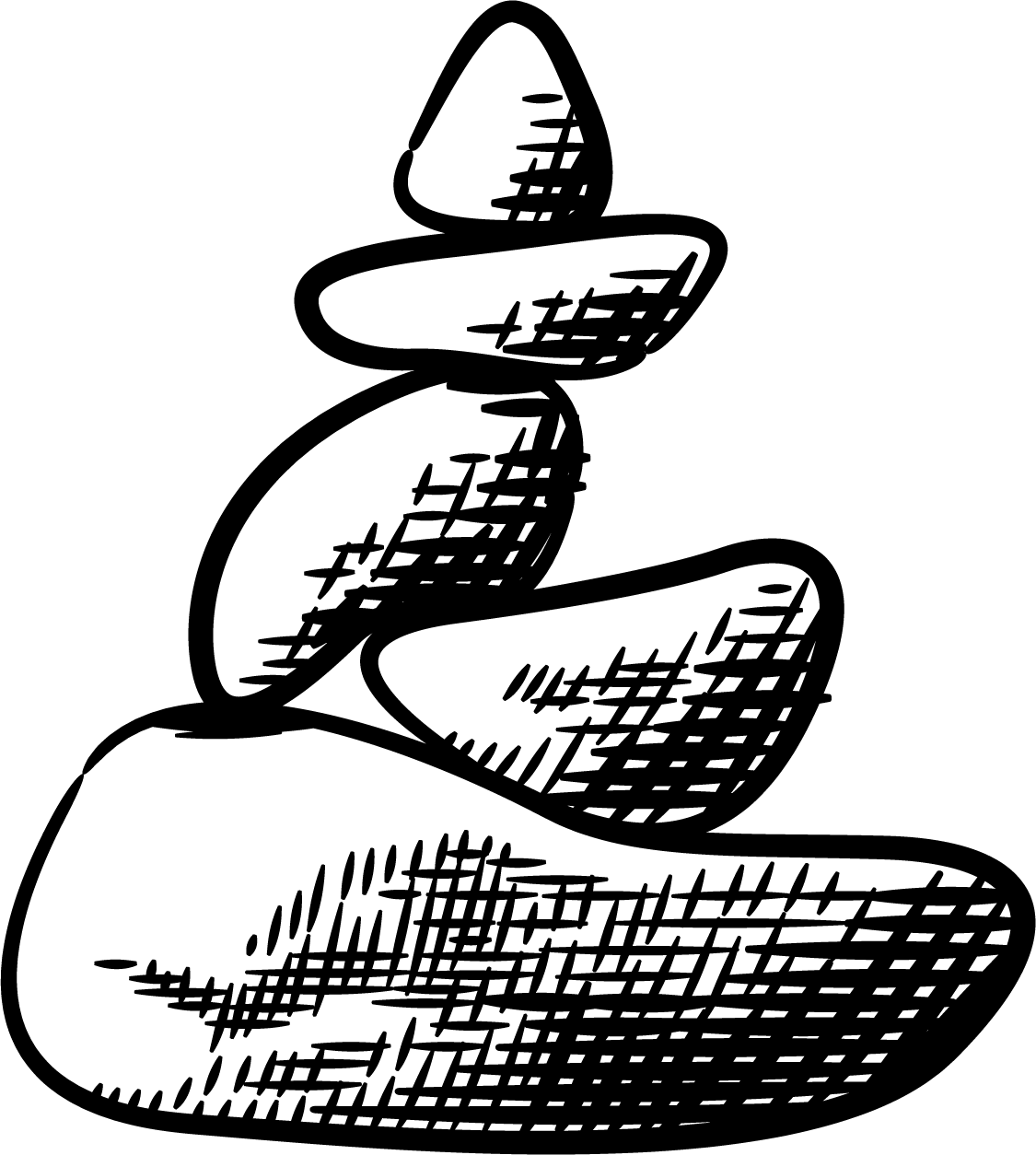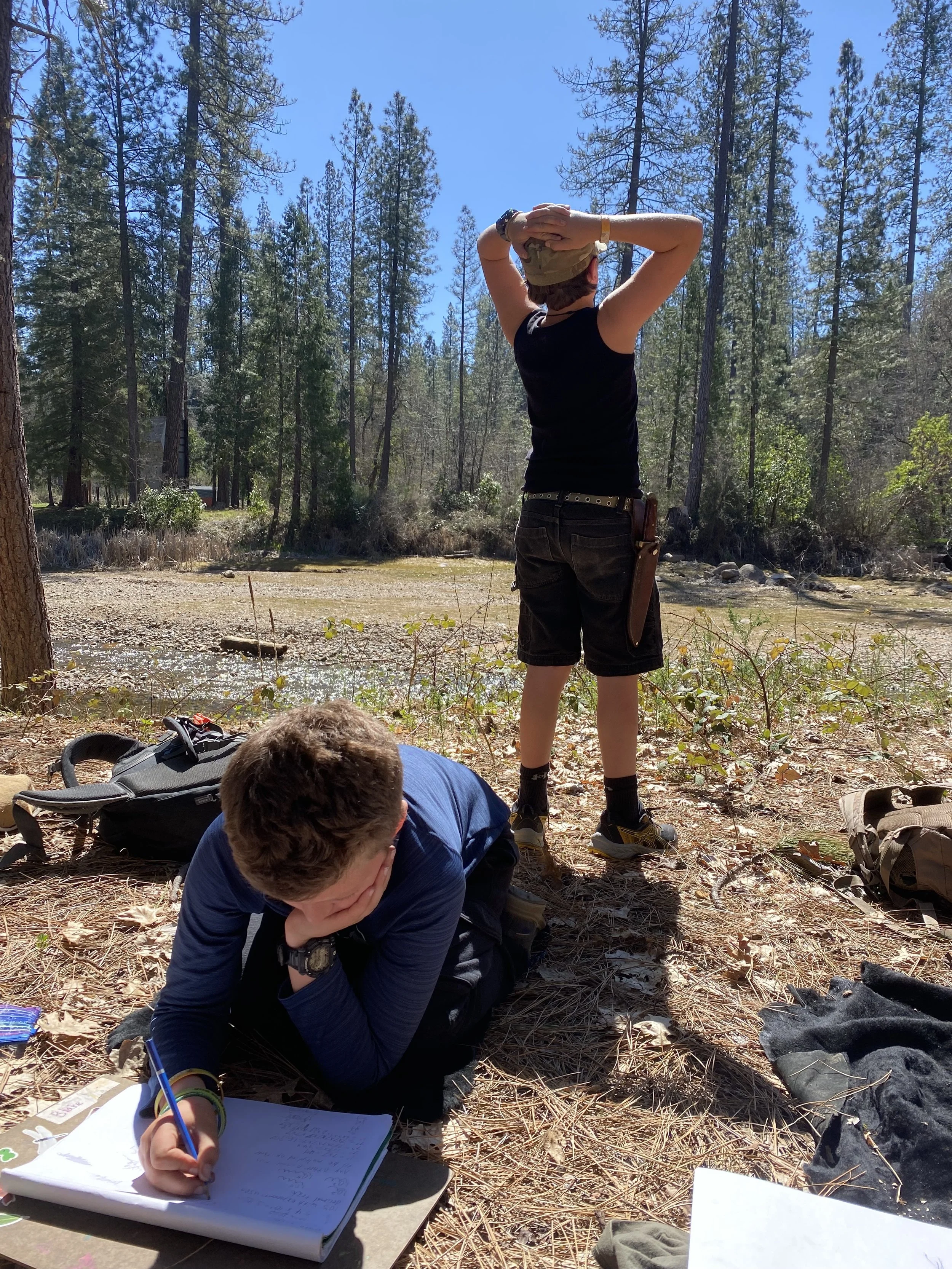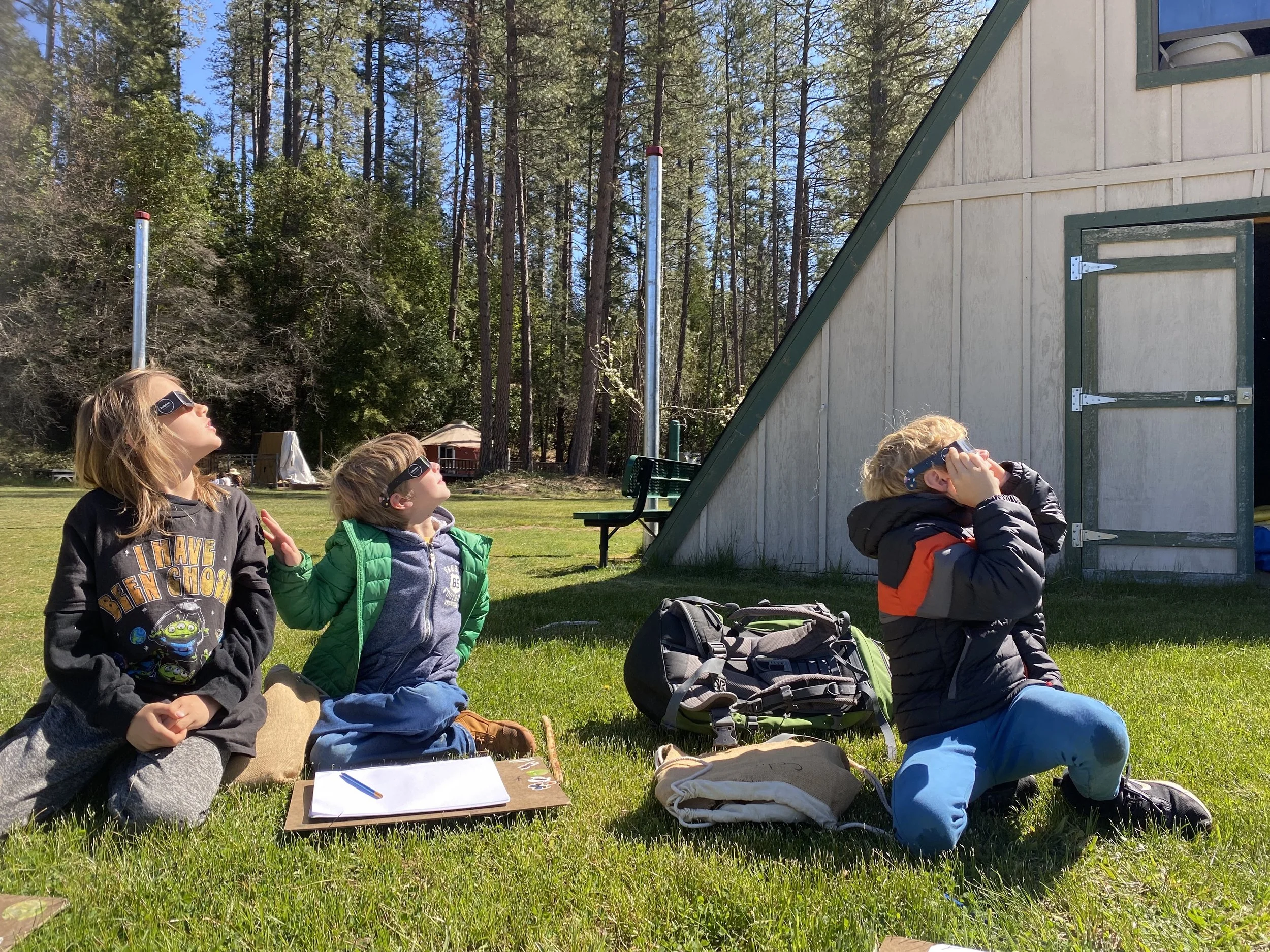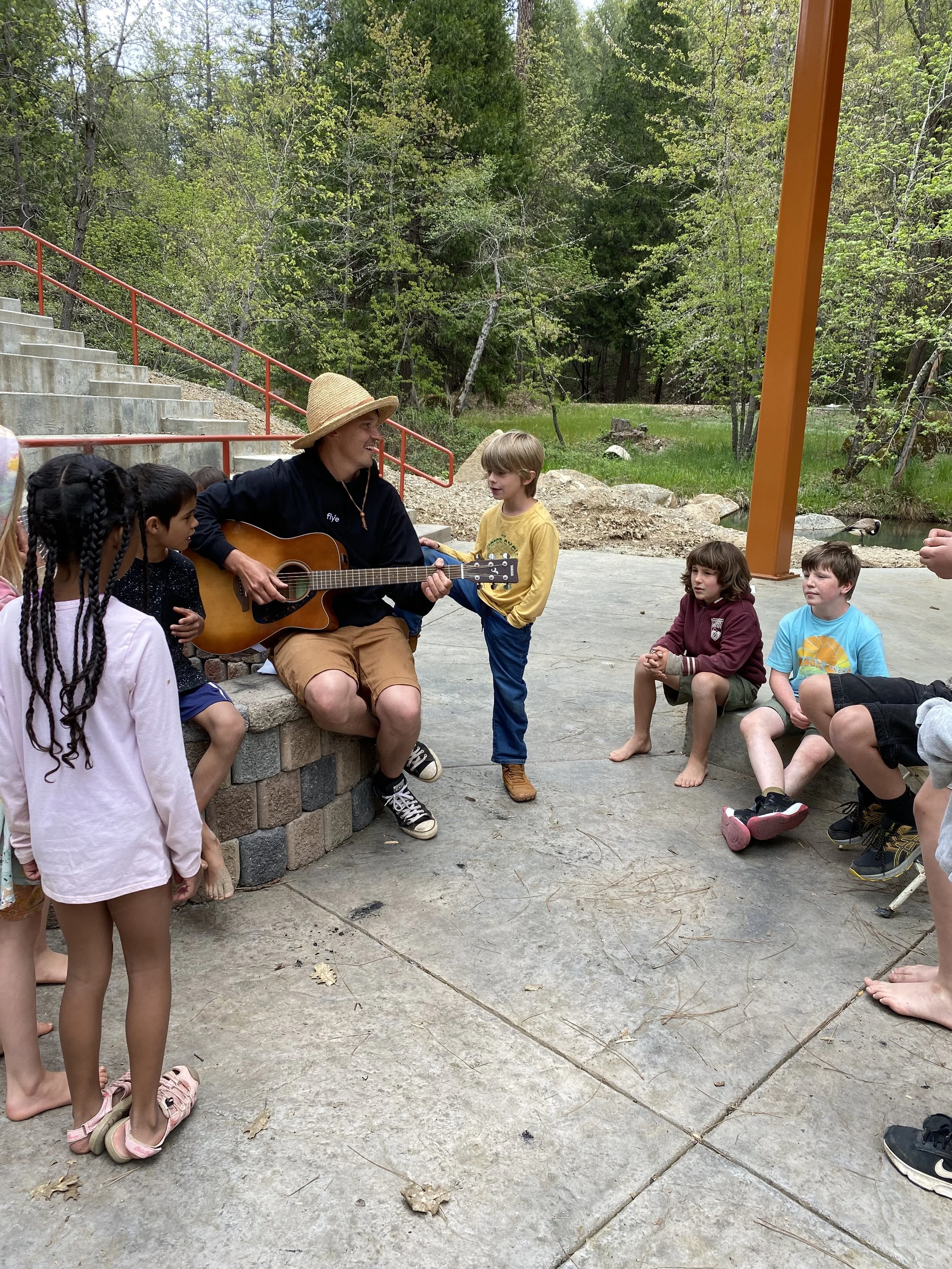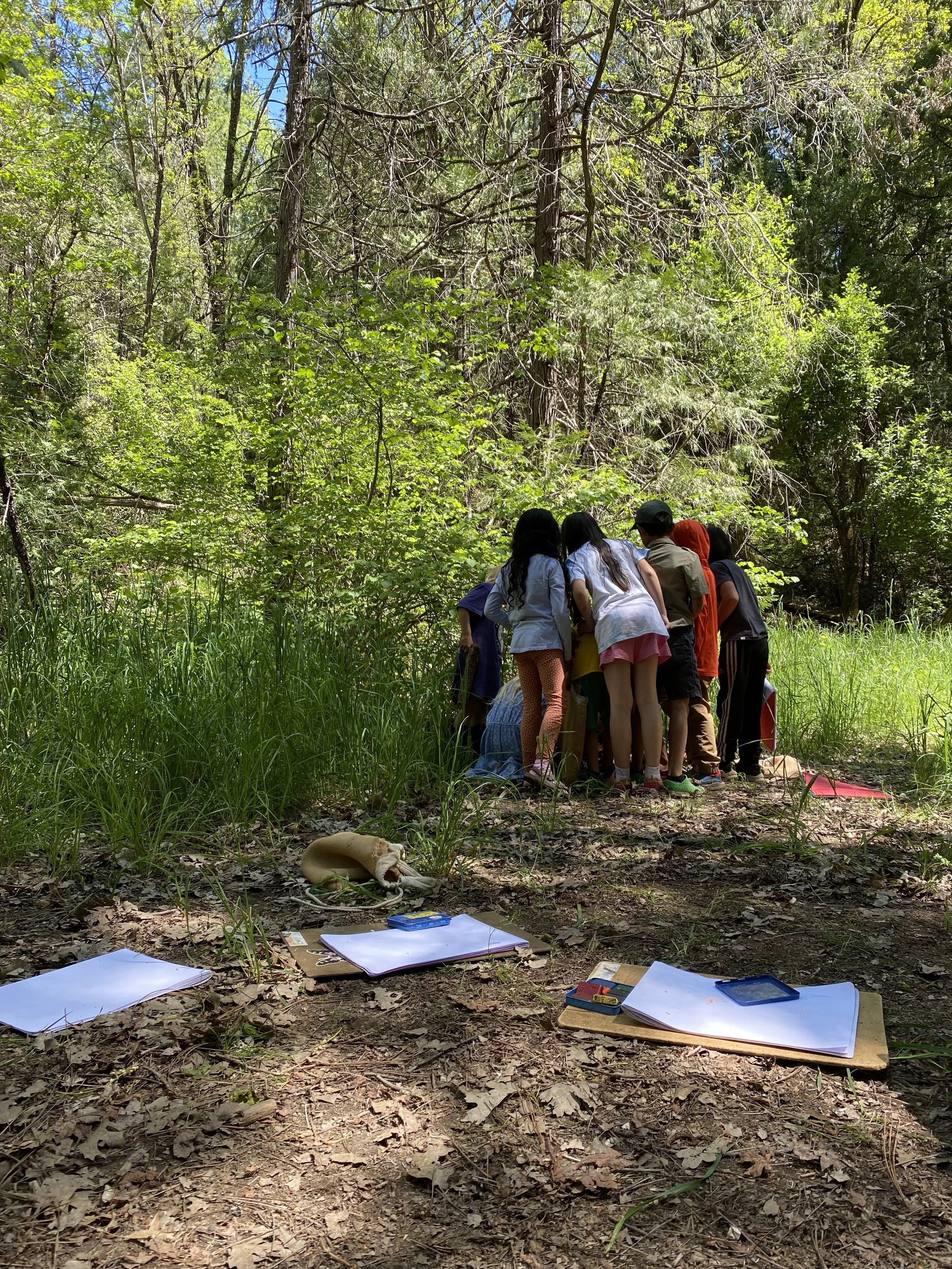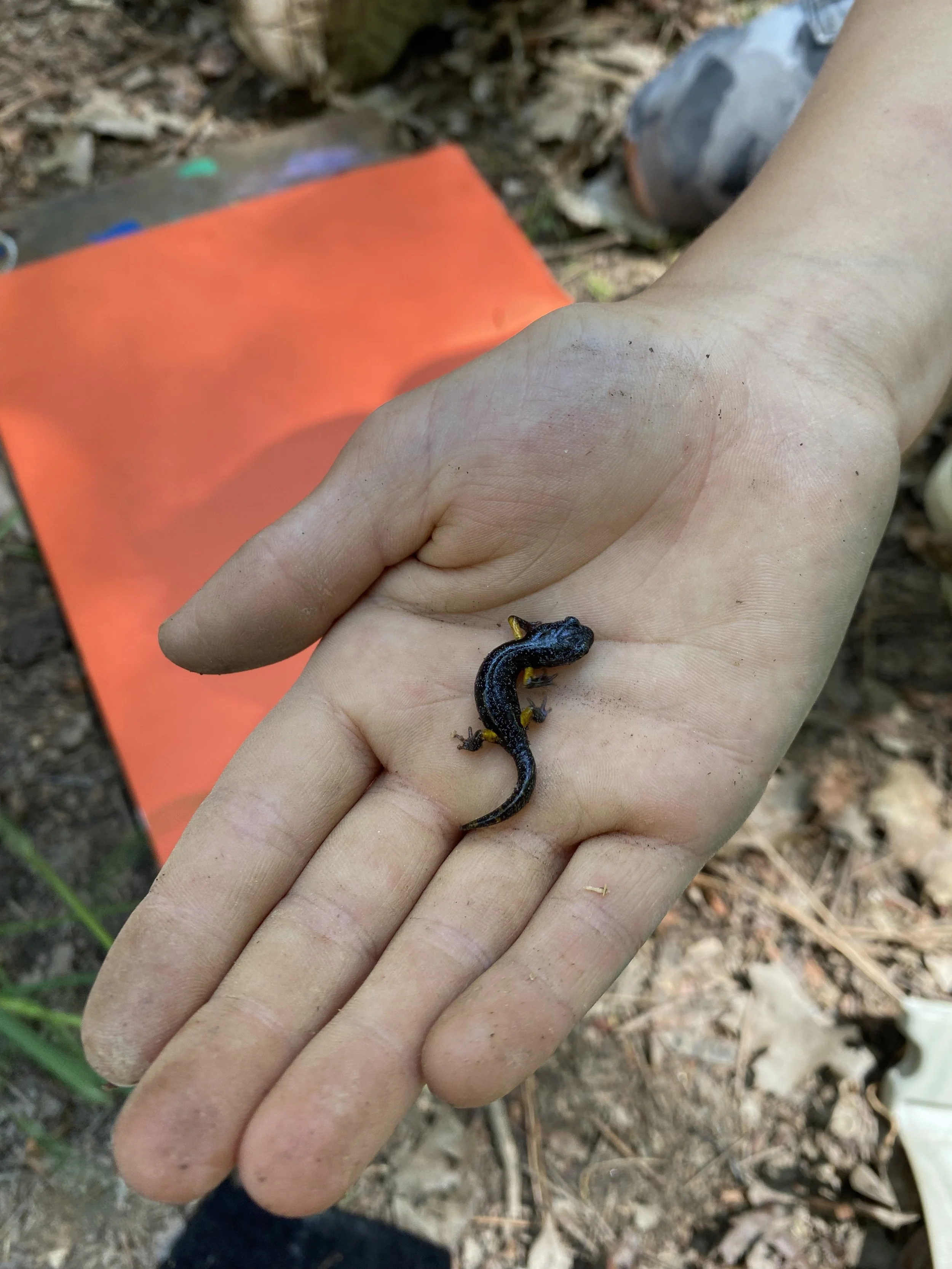The Quality of Education
What does education mean? What does a good education feel like? The word education comes from the Latin verb educere. It was first recorded in the 1500’s during the time of the Roman empire, and it was originally used to describe the family-based raising of children which encompassed teaching ideas and skills and also included the feeding and caring children require. I haven’t studied Latin, and sometimes I wish I had because I am fascinated with words and language and the subtle, but profound power they contain.
The Latin verb, educere, is made up of two distinct Latin words, ex and ducere. Ex is a preposition meaning “from” or “out” and ducere is a verb meaning “to lead”.**I share all this with the caveat that I am an amateur language enthusiast, and if anyone reading is proficient in Latin, please let me know if I made a mistake.
As I understand it, the sentiment is that teachers and educators lead children (and adults) into a process of metamorphosis, activating the abilities that are already latent inside them. Why do we care to explore the meaning of this word? At The Ohmapi Nature Project, we are educators and we believe children need to be creative in everything they do in school. As teachers we are constantly learning and growing to meet the needs of the students in front of us.
“A child cannot grow by pure knowledge... not only because it is too difficult, but also because the child’s development is via activity and experience.
One must know, in addition, that human development is not the sort of growth in which something is first small then bigger, preserving the same basic structure. Rather it is one where abilities are completely transformed during growth from one level to another. A child is this kind of being, undergoing complete transformation in this way to adulthood.”
There is SO MUCH going on in the development of a child, and you can have the most detailed plan based on the most intentional and beautiful values only to watch it all go out the window as the day evolves or devolves ;).
Between the 1500’s and today, there has been a big shift in how and where education occurs. Certainly, the home is still a place rich with learning opportunities, and now there is a plethora of additional choices to consider. There is traditional school, Waldorf, Montessori, homeschool, forest school, unschooling and experiential-based education to name a few of the major players. How do you decide? No really, how do you decide? Reply to this email and let us know. We love to talk about education!
Waldorf Education at Ohmapi
Ohmapi is a Waldorf-inspired educational program whose mission is to learn through nature while in nature. While we believe nature is our greatest teacher, we also see the value in offering structured academic learning opportunities, in small groups, under the canopy of oaks, madrone, and pine. Waldorf integrates well with this philosophy because the goal of Waldorf education is to make people free while providing a safe and nourishing container for the child to become who they want to become. According to Steiner, the goal of the teacher is to receive the student with love and let them go in freedom.
We are preparing for the 2024/25 school year, and Dawn offered a little preview in our last newsletter of one of our first main lessons. Every day at Ohmapi, the learning groups have an in-depth main lesson and two mini-main lessons from other subject teachers for review and retention.
After our morning walk through the forest and time spent sharing thoughts and insights related to a connection question, our students play games, sing songs together, and then sit on their sheepies on the earth, with their papers and pencils (or crayons) ready to dive into language arts, math, history, or science. Following the subject lessons, the students engage in a making lesson and we end the day with an hour of unstructured independent learning time.
Every avenue of schooling has had its inception point, and it might surprise you to know that Waldorf education was developed by Rudolf Steiner for the families of workers at the Waldorf Cigarette Factory in Stuttgart, Germany in 1919. With all of its focus on natural, beautiful, and nourishing environments, Waldorf education isn’t often associated with the image of a factory. Be that as it may, people were looking for solutions and inspiration right after WWI, and Steiner’s philosophy of freedom was appealing to so many.
My job as a teacher is to provide my students with the tools to fulfill whatever goals they have and do everything possible to remove obstacles from their path to do what they need to do in the world. I am so grateful to have the freedom to teach in a way that allows for discovery to happen as it arises. We may be in our rhythm and organize ourselves to sit down for main lesson, but then a student notices something so delightful we all gather to see… and it might be an adorable baby salamander!
“The strength needed to wait and while waiting discover the exact rhythm which guides the child’s growth, is the very strength which creates the proper “incubator heat” that surrounds all educational processes.”
So, to bring it back to the word education and reflect on the role of what it means to be an educator, I want to celebrate all the parents and teachers and mentors who observe the kids in front of them and allow their observations to inspire an invitation to learn. I’m certain anyone reading this can remember being a child and feeling the pressure of being pushed in a particular direction by an adult who had strong opinions about what you needed to become instead of who you needed to become.
And here we are, becoming who we need to be and fostering the growth of our kids to become who they need to be. With that I will leave you with this lovely verse from Rudolph Steiner.
“We must eradicate from the soul all fear and terror of what comes towards man out of the future. We must acquire serenity in all feelings and sensations about the future.
We must look forward with absolute equanimity to everything that may come. And we must think only that whatever comes is given us by a world-directive wisdom.
It is part of what we must learn in this age, namely, to live out of pure trust, without any security in existence. Trust in the ever present help of the spiritual world.
Truly, nothing else will do if our courage is not to fail us.
And let us seek the awakening from within ourselves, every morning and every evening.”

